Search

News & Events
Researchers narrow down field of new treatments for most common childhood brain cancerCancer researchers have narrowed-down the field of immunotherapy drugs which could be used to tackle a form of childhood brain cancer.

News & Events
West Coast Cancer Meeting 2025Join us as WA’s cancer research community comes together at the inaugural West Coast Cancer Meeting.
Research
Case report: congenital intraventricular meningioma demonstrated with fetal MRICongenital intracranial meningiomas are rare lesions. We present a case of congenital intraventricular cystic meningioma, initially characterized with fetal MRI and confirmed postnatally with histopathology. To our knowledge, this is the first in vivo description of a congenital meningioma with fetal MRI. The fetal MRI was able to characterize the lesion as an atypical intraventricular mass which was separate from the choroid plexus, differentiating the mass from a choroid plexus neoplasm.

News & Events
WA Child Research Fund grants boost research for premmies, kids with cancer and rare diseasesThe Kids Research Institute Australia researchers have been awarded 12 of 16 grants under the latest round of funding from the WA Child Research Fund
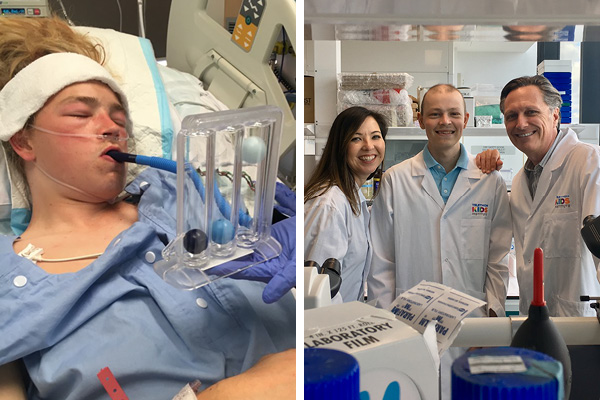
News & Events
Meet Baxter HutchinsonBaxter Hutchinson was diagnosed with two life-threatening brain tumours a year ago, aged 17. Since then he has undergone surgery, radiotherapy and chemotherapy in his journey to beat the cancer.
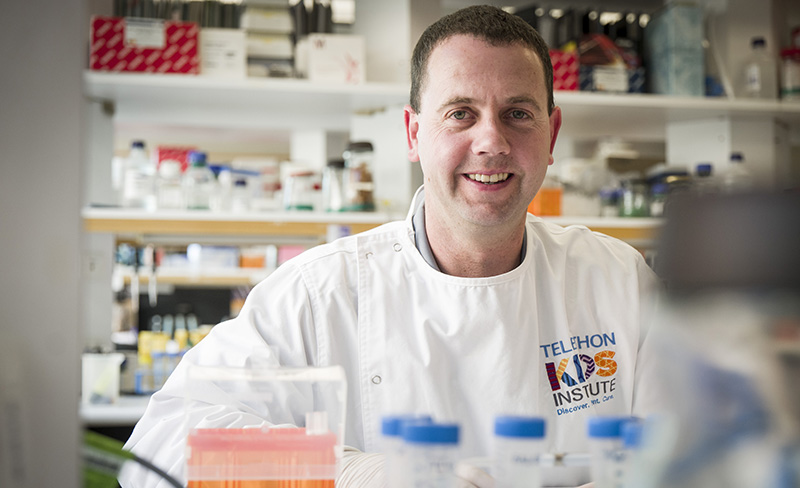
News & Events
Researchers identify immune cell that puts cancer to sleepA team of Australian scientists including cancer researchers from The Kids Research Institute Australia have made a crucial breakthrough in understanding how the immune system puts cancer to sleep.
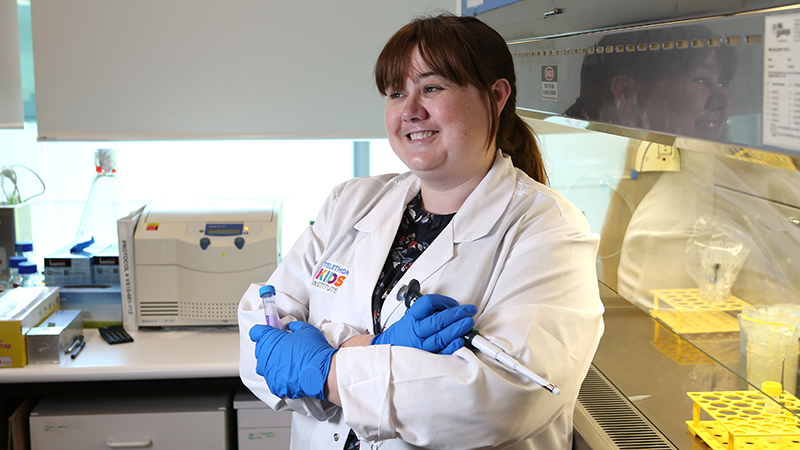
News & Events
“Natural killer” donor cells fighting kids leukaemiaNew research by The Kids shows donor immune cells are highly effective at boosting the body’s response against leukaemia.
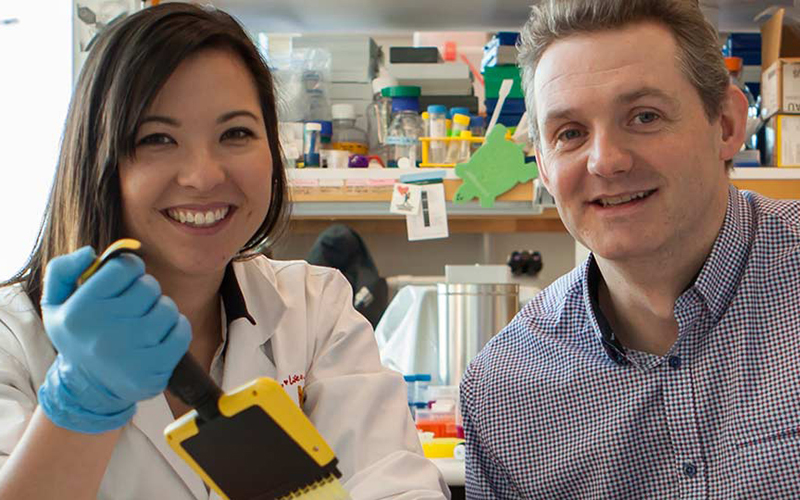
News & Events
Landmark research hopes to increase survival rates for aggressive childhood cancerA new combination of drugs could help to increase survival rates with fewer side effects for some children with one of the most aggressive forms of childhood brain cancer.
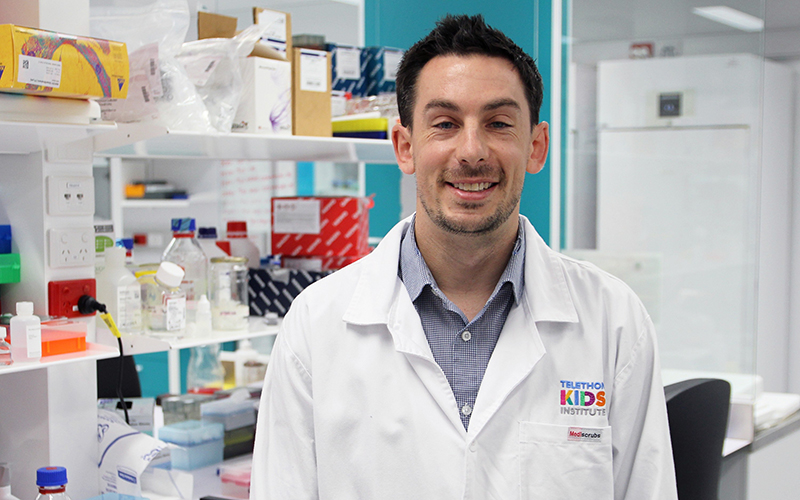
News & Events
The Kids Research Institute Australia Cancer Centre Researcher wins Cancer Council WA FellowshipCancer Council WA has awarded a Post-Doctoral Fellowship to Dr Ben Wylie, for his project to help kids with sarcoma.

News & Events
Homeward bound: The Kids Research Institute Australia researcher taking on scientific leadership challengeThe Kids Research Institute Australia researcher, Dr Anya Jones, will join some of the world’s brightest female scientists after being selected to take part in a global project to amplify the voices of women in science leadership.
